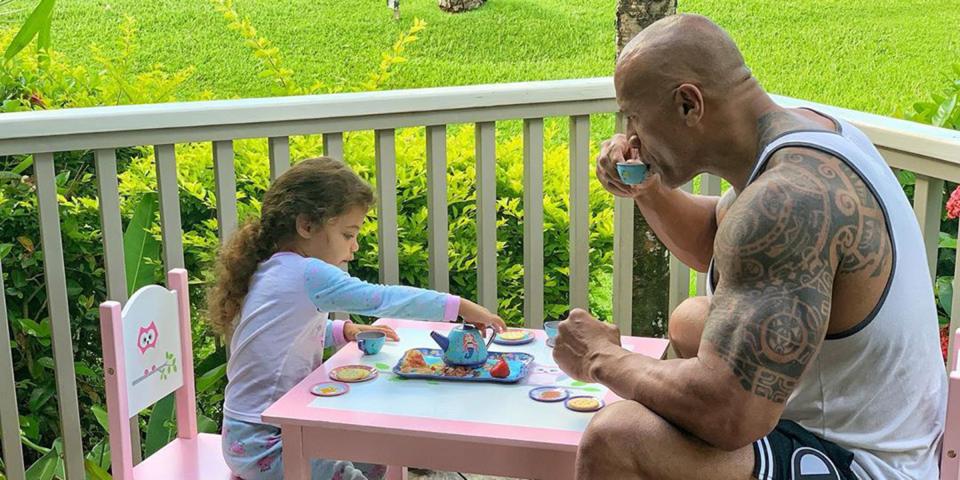“Boys don’t cry”
I grew up in a time when boys didn’t cry. It wasn’t something anyone said out loud, but it was understood—tears meant weakness, and weakness made you a target. I’ll never forget falling off my bike, skinning my knee, and choking back tears, not because I wasn’t hurt, but because I didn’t want to be teased.
Now, as a dad, I see how damaging that mindset was.
Bottling up emotions doesn’t make you stronger—it makes you explode later. That’s why I’m teaching my kids a different way. This video on toxic masculinity really hits the point.
How It Shows in Families
Toxic masculinity creeps into family life in ways we don’t always notice. Boys are told to “toughen up” or avoid “girly” things.
I’ll admit, I’ve caught myself almost saying, “You’re fine, buddy, don’t cry”, when my son’s sad about something. But I’ve learned to stop and ask, “What’s wrong?” instead.
Because why shouldn’t he cry? That’s how kids process big feelings. My daughter once asked why her brother doesn’t wear pink. It hit me: kids notice these “rules.” I told her, “He can if he wants to!” Why not?
And then there’s the silly stuff. Dads sometimes skip tea parties or dress-up games because it feels embarrassing. But trust me, the joy on your kid’s face when you join in is worth it every single time.
Never in a million years did I think I’d find myself sitting cross-legged on the floor, sipping tea with Peppa Pig and a stuffed unicorn, but I did. And guess what? Even The Rock has done it (see below). If he can do it, so can you.

Leading by Example
Kids don’t learn from lectures—they learn from watching you. When I thank my wife, apologize after losing my temper, or laugh at myself when I mess up, they notice.
I’m also open about emotions. If a movie makes me cry, I tell them, “That movie was so touching, it made me tear up”. They learn emotions aren’t a flaw—they’re human.
It’s also about balance. Go camping, wrestle, and get muddy with your kids, but let them see you treat their mom with love and kindness, too. Those moments teach them that strength isn’t just physical—it’s about being caring and present.
Why It Matters
Raising kids this way sets them up for life. They’ll build better relationships, communicate openly, and handle tough emotions without shame.
Vulnerability doesn’t make them weaker—it makes them stronger. Even better, we’re breaking a cycle. By showing that tenderness is strength, we’re changing how masculinity looks for future generations.
Start Small
You don’t need big changes to make a difference. Hug your kids. Say “I love you” every day. Thank your partner. Play pretend, no matter how goofy it feels.
And honestly, tender parenting doesn’t just make your family stronger—it creates a better world for your kids.